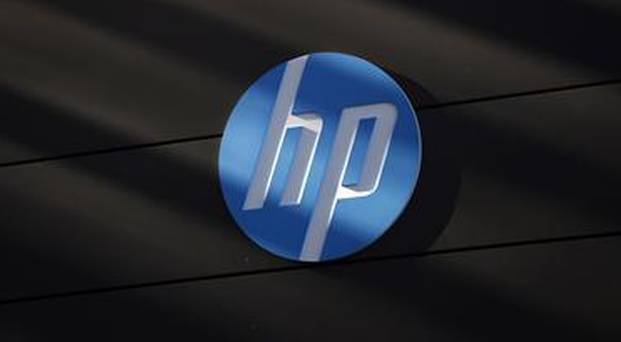I may have got off to a bad start with computers. My first and most beloved technology quote was from the legendary Steve Wozniak, the co-founder of Apple. He said: “Never trust a computer you cannot throw out the window.” I’ve stuck some precious euro into ‘techie’ firms over the years but Wozniak’s judgment has always seemed fairly sound.
My latest search in the sector featured one of the original tech giants, Hewlett Packard (HP), which, the vast body of the technologically ignorant will be surprised to learn, has become a case study in how to screw up a company. It has developed a revolving door for CEOs and chairpersons and its poor acquisition strategy has left investors scratching their heads and counting the costs.
But changes are coming. Last week, HP’s smaller rival Xerox made an unsolicited cash and shares bid. The HP board rejected the bid saying it ‘significantly undervalues’ the company. This I suspect is not the end of the matter and further action can be expected.
In the good times the ‘old HP’ had a solid reputation and was one of the first Silicone Valley outfits to float on the stock exchange. To some its decline can be traced back (unfairly) to the appointment of Carly Fiorina in 1997 and her pricey purchase of Compaq Computers during a tech downturn.
Please log in or register with Independent.ie for free access to this article.
Log In
New to Independent.ie? Create an account
Fiorina was replaced by Mark Hurd who returned the company to growth and elevated HP to the world’s largest personal computer company. However, he was forced to resign following alleged breach of conduct but was later cleared. This decision was described by Larry Ellison of Oracle as ‘the worst decision since the idiots on the Apple board fired Steve Jobs’.
Hurd was followed by Leo Apotheker. His tenure was also disastrous. He ceased the development of tablets and smartphones and bought a UK software company, Autonomy, costing $11bn (€10bn). However the deal, soured within a year, cost HP $9bn and was followed by a fraud investigation and court cases in the UK and USA. Investors suffered but Apotheker walked away with $13m compensation for one year’s work. The next ‘star’ CEO was Meg Whitman. She would eventually stun both investors and staff by announcing the splitting of the company into two new groups; personal computer and print business (HP Inc) and software services (HP enterprises). The purpose was to protect its profitable software division from the shrinking PC market.
Today, the HP Inc business is focused on the legacy business of personal computers, printers and related supplies. Initially investors were unsure about the company’s future and the share price fell as low as $7. Under its new CEO, Dion Weisler, the company changed its focus to users who upgraded computers frequently like gamers. During his tenure, HP Inc added $7bn to annual revenues, generated $15bn in free cash flow and exceeded its guidance for 15 consecutive quarters.
The results for 2018 were encouraging. Revenues at $58bn showed an increase of 12pc with PCs and printers showing double-digit growth. Net earnings for the year were $5bn, double that of the previous year. The share price at $19 is helped by the group’s $3.5bn share buyback programme. Investors are pleased computer sales are increasing but the wafer-thin margins are still of concern.
Recently the company appointed a new CEO Enrique Lopez, a 30-year HP veteran. He got stuck in by saying he will lay-off 16pc of the workforce over the next three years. The cuts are part of broader plans to reduce costs and simplify its business. In the future the company will sell lower price printers that work only with HP cartridges. Higher priced printers will use non-HP cartridges. This strategy appears sound, but may be academic following the Xerox bid. While the bid was rejected, the board did signal willingness to a transaction. Watch this space.
Nothing in this section should be taken as a recommendation, either explicit or implicit to buy any of the shares mentioned.
Source: Read Full Article
